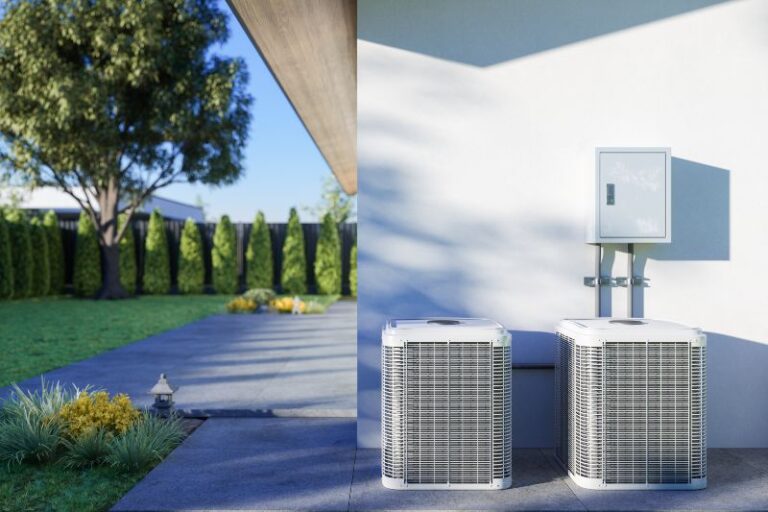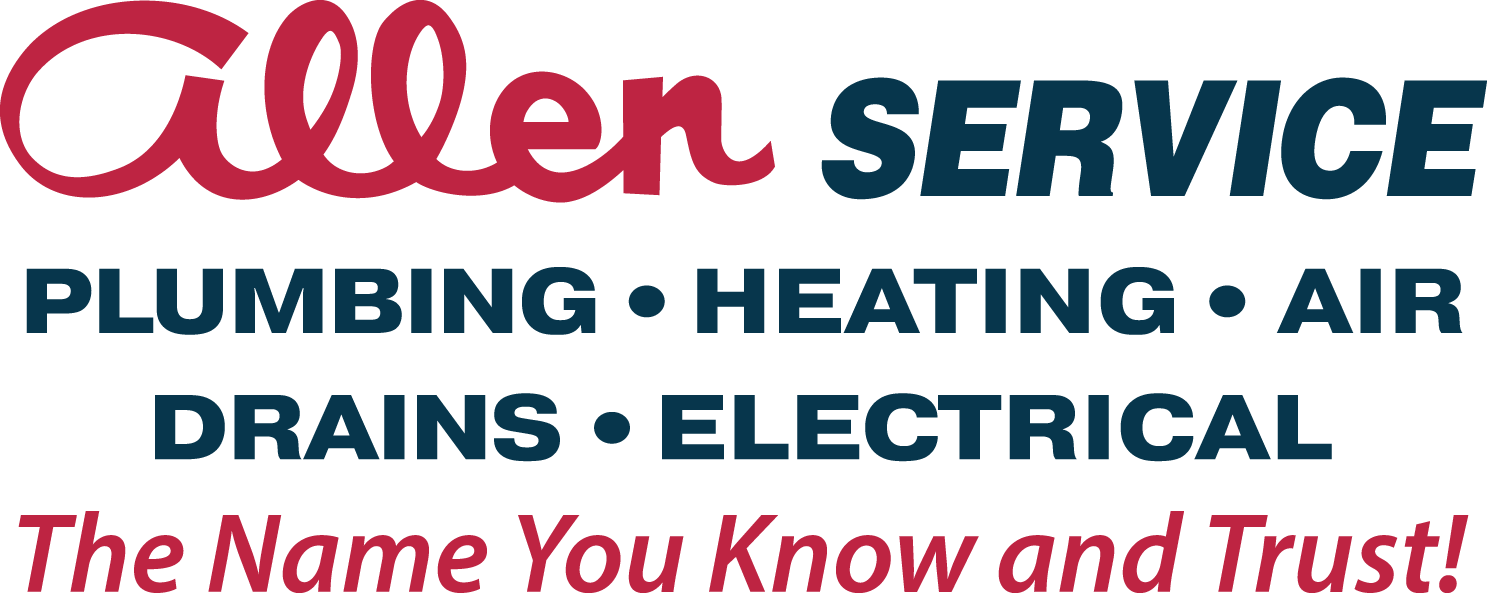Allen Services in denver

On January 1, 2023, new minimum efficiency standards took effect for air conditioners and heat pumps. The US Department of Energy (DOE) has enacted this change in an ongoing effort to reduce the country’s greenhouse gas emissions. This is the first update to heat pump and AC efficiency standards since 2015. All newly manufactured units must comply with the updated standards, but homeowners are not required to replace existing HVAC equipment. Here’s everything you need to know about the new AC federal regulations as a Colorado resident.
AC Efficiency Ratings Are Going Up
Seasonal energy efficiency ratio, or SEER, is an efficiency rating that describes how well an air conditioner uses electricity to remove heat from a building. Between 2015 and 2022, the minimum rating for air conditioners in the North, including Colorado, was 13 SEER. Units installed in the South had to be 14 SEER or higher. In 2023, the efficiency standard increased to 14 SEER in the North and 15 SEER in the South.
It’s important to note that less efficient equipment manufactured before January 1, 2023, can still be installed in Colorado and the rest of the Northern US until supplies are depleted. The rules are stricter in the South, where less efficient systems built in 2022 or earlier cannot be installed now that the new efficiency deadline has passed.
Heat Pump Efficiency Ratings Are Going Up
Heat pumps are multi-functional HVAC systems capable of heating and cooling homes thanks to a built-in reversing valve. If you have a heat pump, you should know that efficiency standards have changed for this equipment as well. But unlike air conditioners, one standard applies to the entire country.
From 2015 to 2022, the minimum cooling efficiency rating for heat pumps was 14 SEER. This increased to 15 SEER nationwide in 2023. The minimum heating seasonal performance factor (HSPF) is also going up. From 2015 to 2022, the minimum rating was 8.2 HSPF. This has risen to 8.8 HSPF nationwide.
Any 14 SEER heat pump manufactured in 2022 or earlier can still be installed after January 1, 2023. This is true in both the Northern and Southern regions of the country.
New Testing Metrics Are in Use
The most confusing part of the new federal regulations on AC units is that the DOE is enacting more stringent testing procedures to determine efficiency ratings. The goal is to more accurately reflect field conditions during testing.
The DOE has introduced new labels to coincide with the stricter metrics—SEER2 and HSPF2. These are replacing the outgoing SEER and HSPF designations. Under the new 2023 test procedures, ratings with a “2” after them appear to be lower, even though they reflect the same level of performance.
For example, the 14 SEER minimum for new air conditioners in the Northern US is written as 13.4 SEER2. And the 8.8 HSPF minimum for heat pumps nationwide is written as 7.5 HSPF2.
It’s important to understand this distinction when shopping for a new air conditioner or heat pump. Note that cooling efficiency is not the same as cooling capacity. You will still need to size new HVAC equipment to ensure it keeps up with demand. Then, choose an efficiency rating based on the new regulations, your budget, and your desire to keep operating costs low. If you still have questions, ask your installer for clarification.
New Refrigerants in 2023
The final significant change the DOE has enacted involves the refrigerants manufacturers can use in new air conditioners and heat pumps. R-410A (Puron) has been the standard since 2010. This refrigerant was introduced as an alternative to ozone-depleting R-22 (Freon), which was completely phased out in 2020.
While Puron doesn’t deplete the ozone, it has a high global warming potential (GWP) and harms the environment when refrigerant leaks occur. For this reason, Puron and other hydrofluorocarbons (HFCs) are being phased down over the coming years. Supplies will remain available to repair existing equipment for at least the next decade, but no new HVAC systems will contain Puron going forward.
One refrigerant taking Puron’s place is R-454B (trademarked as Opteon XL41, Solstice 454B, and Puron Advance by different manufacturers). This option is more eco-friendly than its predecessors but is not compatible with systems running on Freon or Puron. This means you must replace your air conditioner or heat pump to take advantage of this new alternative refrigerant.
How Do the New AC Efficiency Standards Affect Costs?
In general, high-efficiency cooling systems cost more upfront than the mid-range models being phased out this year because they utilize more advanced components. The good news is that more efficient units cost less to operate, so the upfront investment pays for itself over time.
For instance, a compliant 14 SEER (13.4 SEER2) unit consumes about 7 percent less energy than a now-obsolete 13 SEER unit. If you upgrade your old 10 SEER air conditioner to one with the new 14 SEER (13.4 SEER2) minimum, you can expect to save about 30 percent on your air conditioning bill. The savings add up over time while contributing less to global warming.
Of course, air conditioners with much higher efficiency ratings are also available. For example, you could upgrade your old 10 SEER unit to a top-of-the-line 24 SEER model to slash your cooling bills by nearly 60 percent. With a lifespan of 15 years or more, your investment should pay for itself by the time you need another new air conditioner.
Request an AC Installation Estimate in Fort Collins
Are you ready to replace your air conditioner? Allen Service can help you compare sizes, brands, and efficiency ratings to meet your budget and comfort needs. We offer valuable discounts and financing with approved credit to save you significantly on your next cooling upgrade. For more information about the new HVAC regulations or to request an installation estimate, please call us at 970-672-1660 or contact us online today.
